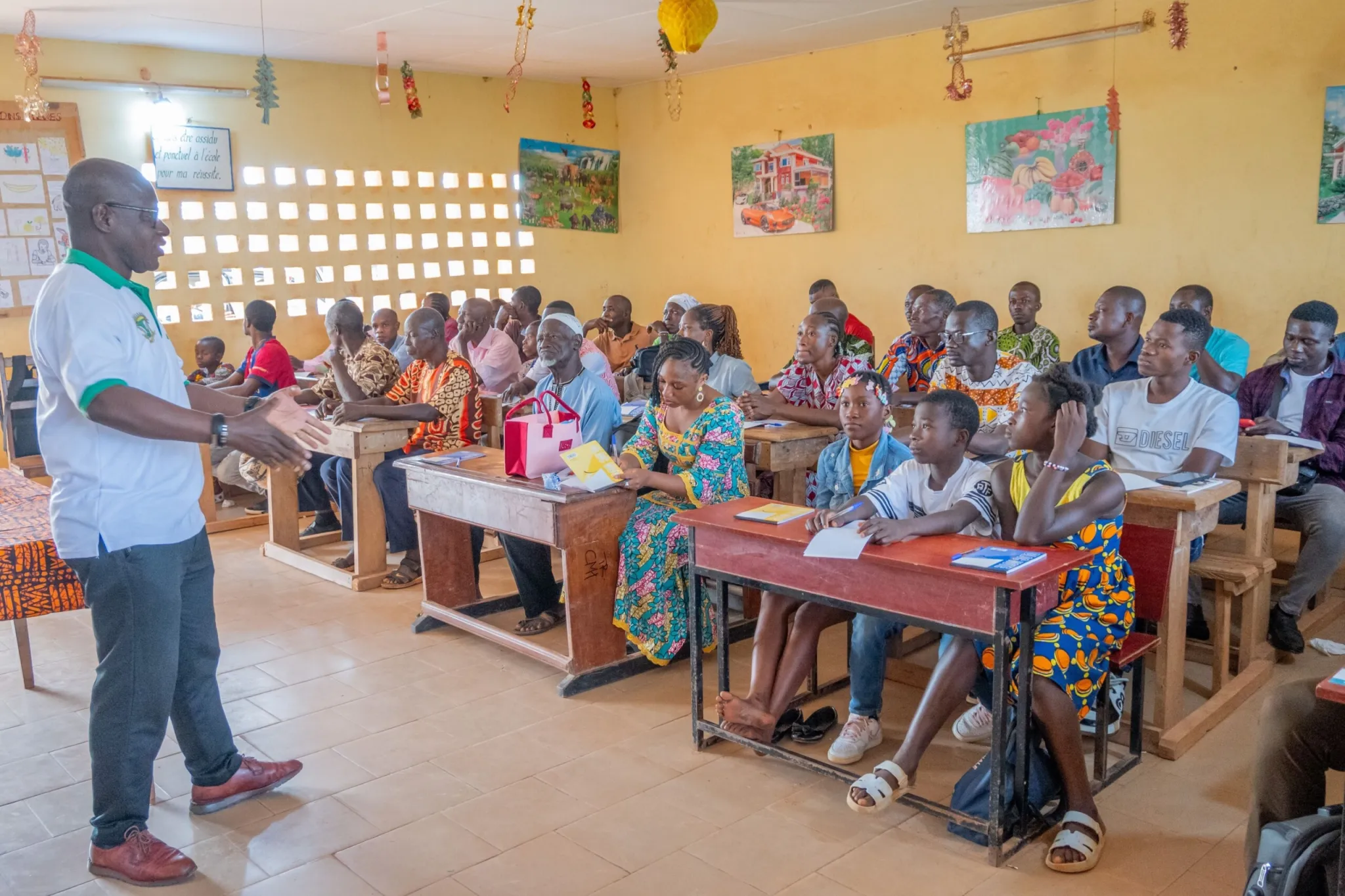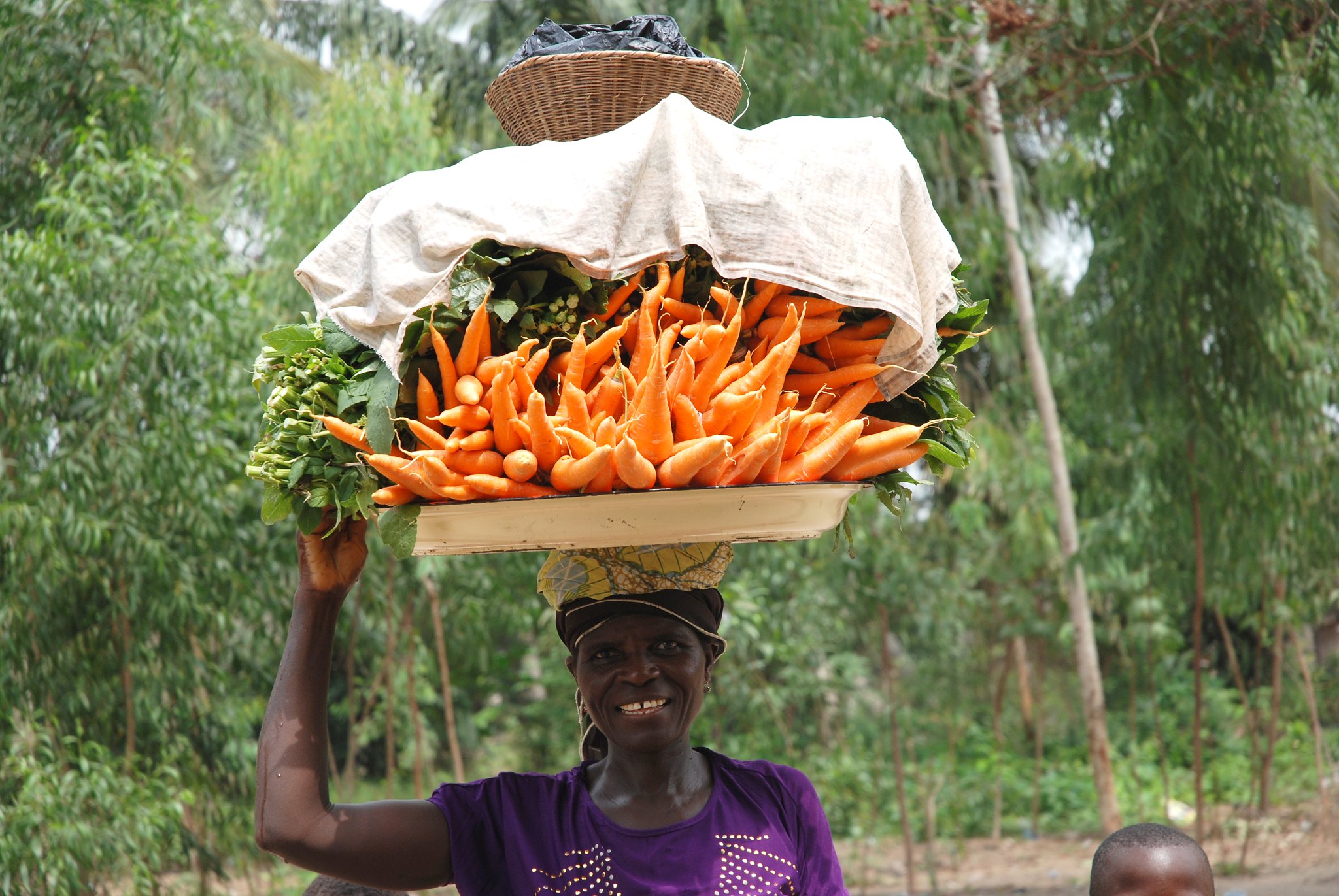Grassroots Nest for Innovation and Change (GRiC) believes that education is at the heart of social justice, and in their effort to transform communities for the most marginalized, education must be centered. In the words of founder Wangui Nyaga, “Education is a game changer, it transforms lives”.
Collaborative Learning Teams: The Heart of GRiC’s Approach
GRiC leverages a learning team approach, collaborating with community-based organizations (CBOs) across their education programming, which focuses on foundational literacy and numeracy, and will soon include socio-emotional learning. GRiC is founded on the belief that for children to succeed in their education journeys, teachers, parents, and communities must be involved. Nyaga states that, “It takes the entire village for children to succeed in their education endeavors and life in general.” GRiC’s model mobilizes and engages CBOs, youth and parents in remote locations in Kenya, Tanzania and Uganda so that they can collectively support children’s learning in and out of schools. Everyone has a role to play – for example, the communities provide spaces for learning, the elders narrate stories which are recorded and played during learning sessions.
Post-COVID Recovery Through Community Involvement
These learning teams have been critical, particularly in the post-covid school reopening period, where GRiC had to initiate a remedial, catch-up program using a contextualized iteration of the Teaching at the Right Level methodology. Learning sessions took place before or after school hours, and on weekends depending on what worked best for the teachers, schools, parents and children. Through a comprehensive community based Parental Engagement and Empowerment (PE&E) program, the parents are better equipped to support their children to learn at home and at school.
As a result, we’ve seen improvements for the schools and for the learners. Teaching practices have improved, with 80% of the teachers and youth volunteers picking up the classroom practices we have introduced – we have seventeen trained master trainers who effectively and diligently support this work.
Roles and Responsibilities in the Learning Teams
In GRiC’s model, everyone has a role to play, with GRiC acting as the convenor and supporter of the team, strengthening capacity and creating linkages as necessary. “The teachers and youth volunteers teach the children at the learning spaces, the school leaders ensure that the classes take place, and the learning spaces are safe for the children, CBO and GRiC staff train, coach and mentor the teachers and the youth volunteers. The parents support the children with homework where possible and ensure that children attend school regularly and have the resources they require to stay in school and succeed, they create safe and conducive learning environments for children at home, and they follow up children’s performance with the teachers and the school leaders. The government officials support training and mentoring of the teachers.”
A Multi-Level Approach to Learning Teams
The learning team approach in the GRiC model functions at several levels – with a team approach at the local, institutional level, but also at a broader, zonal level where schools are organized in clusters that meet often to learn together and to share effective teaching practices. Parents also learn together and support each other – they meet to discuss the issues affecting their children’s education and how they can support them. They acquire skills on how to engage their children and the teachers. To ensure success, GRiC hosts these training sessions in the heart of the community utilizing case studies, role plays, drama, and music as creative mediums to engage parents. Initially, bringing on board the parents, teachers, and the youth to work together was a challenge but regular sharing of the children’s learning outcome data spurred their buy-in and engagement. Now GRiC are facing an increased demand for the program from the communities, the schools and the government officials. As they partner with communities, GRiC’s intention is to leverage a learning team approach to bolster the sustainability of their work. Nyaga says. “We will leave behind communities, systems and structures to continue on with this work.”


